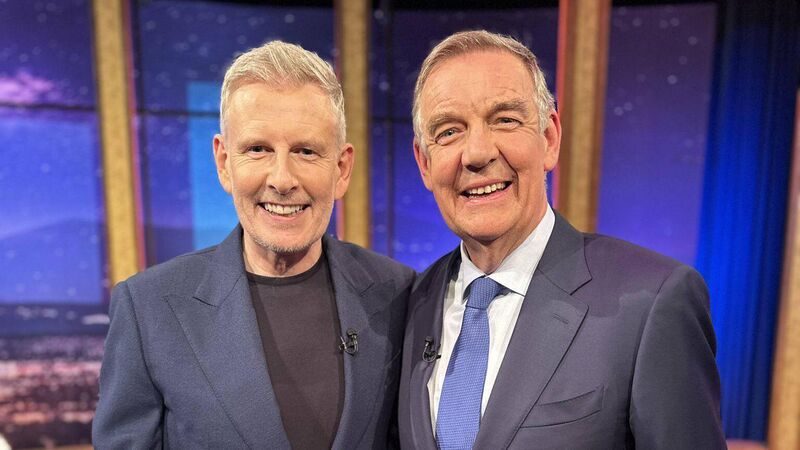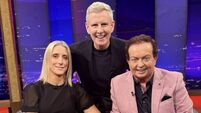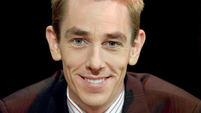Four 'Late Late Show' talking points, including Bryan Dobson on his retirement

Bryan Dobson with Patrick Kielty on the 'Late Late Show' on RTÉ One on Friday.
Fresh from his final working day at RTÉ, retiring broadcaster Bryan Dobson reflected on his career in journalism on Friday night’s .







